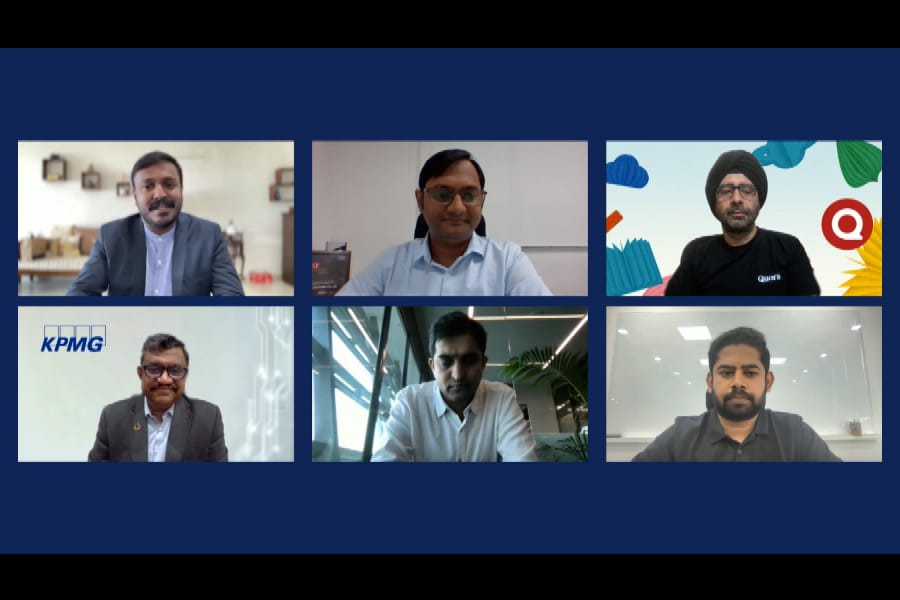
Digital wave in education
According to a Quora KPMG Report, the Indian Edtech market is expected to reach a value of $10,629 million by 2025
 During and after the lockdown, there was a dramatic rise in the use of online education. BARC India and Nielsen found that during the first lockout, smartphone users spent 30% more time using educational apps. The number of visitors to the NPTEL website had increased by 165%, from 2 million in August 2021 to 5.3 million in August 2022.
During and after the lockdown, there was a dramatic rise in the use of online education. BARC India and Nielsen found that during the first lockout, smartphone users spent 30% more time using educational apps. The number of visitors to the NPTEL website had increased by 165%, from 2 million in August 2021 to 5.3 million in August 2022.
Quora users from all educational levels use internet resources for educational purposes. According to a Global Web Index Survey, 57% of Quora users regularly utilise e-learning apps and websites, although online education is more common among graduates and school students.
Compared to before the pandemic, these issues were more frequently discussed during and even after the pandemic. To discuss this, Forbes India presents Digital Wave in Education. In a session moderated by Manu Balachandran, speakers like Arjun Mohan, CEO of upGrad, Gurmit Singh, General Manager at APAC & MEA at Quora, Shashank Murali, CEO at Relevel by Unacademy, Narayanan Ramaswamy, Partner and National Leader in Education and Skill Development at KPMG, India and Diwakar Chittora, Founder of Intellipaat they discuss the changes in the edtech space in India.
Although India's online education industry grew rapidly during the pandemic, it's at a crossroads now as it seeks to sustain its development as traditional schools reopen. Sharing his thoughts on this and the evolving conversations on Quora related to Edtech, Mr. Gurmit said, "The pandemic is unprecedented in our lifetime. During the first wave of the pandemic, the conversations revolving around education went up 3-4 times on Quora. There was another spike seen in August 2021. Within education, 58% of the views are on e-learning, and 24.8% are on online training. These two topics were conversation starters on Quora."
The online upskilling market is picking pace. It is estimated to reach USD 2040 million by 2025. Consequemtly, Quora has seen a rise in conversations around upskilling too. Sharing his thoughts on the same Mr. Gurmit said, "We are living in a fast-changing world. When it comes to education, upskilling is very important to stay in touch with the times. Upskilling is in two parts: D2C and B2B space. Digital Marketing courses is the top conversation theme on Quora for the upskilling segment. People feel digital marketing is the best way to upskill with 57% of the top upksilling questions by ad impressions revolving around it. The other conversation starter is data science, which contributes to 20% of conversations. The next trending topic is upskilling in English as a language holding 10% of the conversations. According to a Global Web Index survey on Quora, 69% of Quora users in India use the internet for learning. They are 49% more likely to have a university degree and about 21% more likely to purchase digital content on education."
Sharing his thoughts on consumer behaviour and preferences related to the edtech industry, Mr. Narayanan said, "The tech-enabled courses across every industry are the most sought after. Even across learners - someone in an educational institution, someone in the early stages of their tenure or someone who wants to do re-skilling, tech courses seem to come out on top for all."




